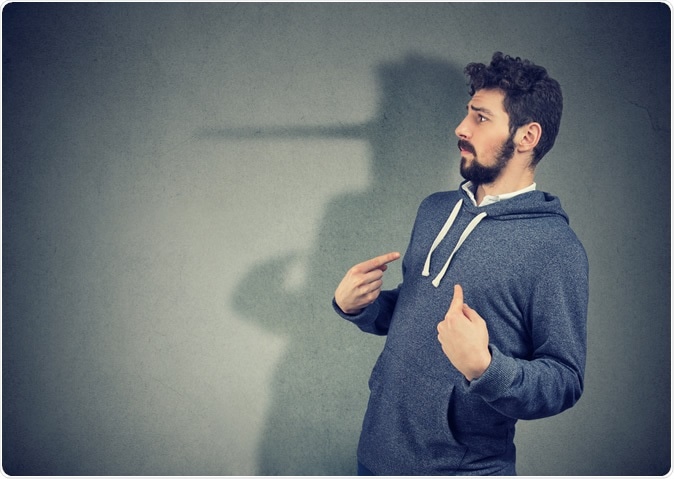A new study from the American Psychological Association has found that people may often lie in order to appear more truthful to others. This paradoxical study was published in the latest issue of the Journal of Experimental Psychology: General. The study was titled, “Lying to appear honest.”
One of the senior researchers on the team Shoham Choshen-Hillel, PhD, a senior lecturer at the School of Business Administration and Center for the Study of Rationality at The Hebrew University of Jerusalem, explained the study adding, “Many people care greatly about their reputation and how they will be judged by others, and a concern about appearing honest may outweigh our desire to actually be honest, even in situations where it will cost us money to lie.” She added, “Our findings suggest that when people obtain extremely favorable outcomes, they anticipate other people's suspicious reactions and prefer lying and appearing honest over telling the truth and appearing as selfish liars.”
For this study the team looked at offline and online participants who were lawyers and college students from Israel (offline participants), United States and United Kingdom.

People may lie to appear honest if events that turned out in their favor seem too good to be true, according to new research published by the American Psychological Association. Image Credit: Pathdoc / Shutterstock
Experiment 1
In one of the experiments they included 115 lawyers from Israel. The participants were asked to imagine a situation where they would inform a client that a case could be worth 60 and 90 billable hours. The work would be in the office without the actual knowledge of the client about the actual hours spent by the lawyer on work. One half of the participants had to imagine they had actually spent 60 billable hours working while the other half was told they had worked for 90 hours. All participants were then asked the number of hours they would bill their clients. The 60 hour group reported an average of 62.5 billable hours with 17 percent lying about the true hours spent on work. Similarly in the 90 hours group the average number of hours reported was 88 hours with 18 percent lying about their work hours. When asked for a reason why the 90 hour group under-billed their client, most reported that they felt if they billed 90 hours, the clients would think they cheated.
Experiment 2
In the next experiment the team included 149 undergraduate students from Israel. These students played online dice-rolling and coin-flipping games and were asked to report their scores to one of the researchers who was not aware of the scores. For each successful coin flip or dice roll the participants were given a 15 cent reward. One half of the students had perfect scores (fixed by the computer at random without their knowledge) while the other half received random outcomes of their games.
Results showed that 24 percent in the perfect score group under-reported their scores while 4 percent in the random group mis-reported their score. In the experiment, despite losing money the participants in the higher group lied to appear truthful. Author Choshen-Hillel said, “Some participants overcame their aversion toward lying and the monetary costs involved just to appear honest to a single person who was conducting the experiment.”
Experiment 3 and 4
For this study 201 adults from the United States were included in an online experiment. They were asked to imagine that they had to drive on work trips for a company and the highest monthly compensation for the same was for 400 miles. Most reported between 280 and 320 miles, they were told. Next the participants were divided into two groups and half were told they drove 300 miles a month and the other half was told they drove 400 miles a month. When asked to report finally the 300 mile group reported an average of 301 miles and the 400 mile group reported an average of 384 miles with lies seen in 12 percent. The same was tested among 544 adults in United Kingdom and results were similar.
According to the researchers this study showed that some persons do lie to appear more honest or when they perceive that their truths may not be believed. The authors also wrote in conclusion, “This constitutes first evidence of systematic downward lying in an unobserved lying game. The observed behavior is consistent with the spirit, but not the letter, of the prominent models of lying behavior. It therefore presents a challenge for these models.” Choshen-Hillel said, “While our findings may seem ironic or counterintuitive, I think most people will recognize a time in their lives when they were motivated to tell a lie to appear honest.”
Journal reference:
Lying to Appear Honest, Shoham Choshen-Hillel, PhD, The Hebrew University of Jerusalem; Alex Shaw, PhD, University of Chicago; and Eugene M. Caruso, PhD, University of California-Los Angeles. Journal of Experimental Psychology: General. Published online Jan. 30, 2020. https://psycnet.apa.org/doiLanding?doi=10.1037%2Fxge0000737